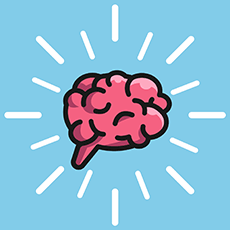
7 Hormones That Prevent You From Losing Weight
Most people usually think the key to losing weight is just diet (such as keto) and exercise. Which works most of the times. But sometimes no matter what you do, you just can’t seem to attain your desired weight.
Your hormones may be preventing you from achieving your ideal weight goals. Hormones control most of our bodily processes, including how your body manages the food you take in and redistributes it into energy or fat.
In this article, we’ll look at the hormones that could prevent you from shedding off that extra weight, and what you can do to achieve your ideal weight goals.
In this regard, the keto diet will definitely come in handy by helping you break down fat for energy.
If you have other underlying hormone conditions that make it hard for you to lose weight, the following information will help you:
1) Too Much Cortisol
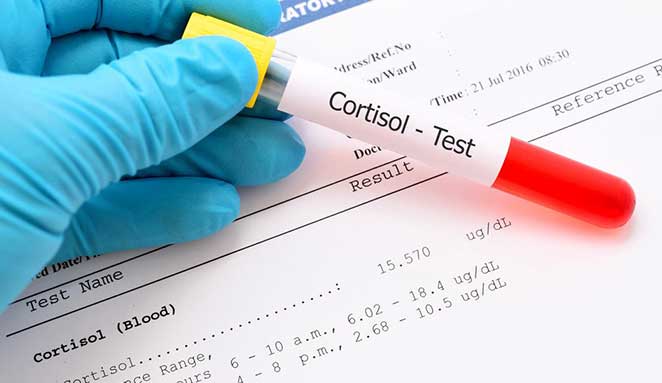
When you experience stress, your body releases the hormone cortisol. Cortisol ramps you up so you can be ready to fight or flee.
This is a good thing – but in today’s 24/7, crisis driven world, we end up with cortisol levels that are elevated far beyond what our bodies were designed to handle. High cortisol levels cause problems. (1)
And when your cortisol levels rise, you crave for sweets and carbs, which leads to over-eating and hunger. Consequently, your blood sugar is converted to fat (2) for long-term storage.
Actually, cortisol signals the body to shift metabolism to store fat (3).
Especially belly fat. So, it gets hard to shed off that extra weight…
Secondly, most of us run around stressed too much of the time. As a result, our cortisol is off. Over time, high cortisol levels end up depleting your happy brain chemicals like serotonin.
Consequently, you get too little sleep, causing fatigue (4, 5).
High cortisol is likewise linked to depression, cloudiness and brain fog (6). Of course, the more stressed you are, the more you eat. And the more you gain fat!
Cortisol actually causes your body to break down your muscle tissue for energy, which is bad if shedding extra kilos is your goal. The less muscle you have, the lower your metabolism will be and the more fat you’ll gain.
How To Lower Cortisol Levels
The following tips will help you lower cortisol levels, and help you lose weight:
- Reduce stress: – remove yourself from stressful situations, especially if you recognize the triggers of your stress. Magnesium supplements can help you reduce stress.
- Eat a healthy diet: – Include fruits and vegetables, such as bananas, pears, black or green tea, as well as probiotics.
- Get some good sleep: – sleep deprivation increases cortisol levels (7, 8). Keep a consistent sleep schedule, avoid sleep interruptions and get seven to eight hours of sleep daily to keep cortisol in a normal rhythm.
- Exercise: – exercise enough to reduce stress but not too much as to cause stress on your body.
- Avoid stressful thinking: – Stressful thoughts act as a signal for cortisol release. The first step in coping with stress is becoming more aware of stress and its triggers.
- Learn to relax: – Many relaxation techniques are proven to lower cortisol. Examples include deep breathing, yoga and tai chi, music and massage.
- Health supplements: – Fish oil is one of the best sources of omega-3 fatty acids, which are thought to reduce cortisol (9).
The Asian herb Ashwaghandha, is used to treat anxiety and help people adapt to stress. It’s been shown to reduce cortisol levels.
2) Insulin Resistance
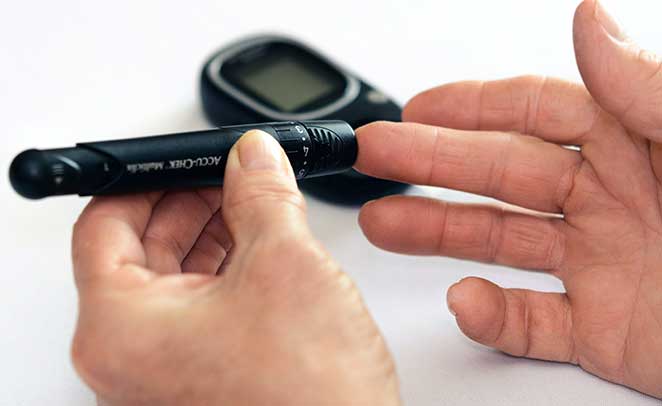
If you’re overweight, there’s a fair chance that you have some level of insulin imbalance, which results to too much glucose in your system.
Insulin resistance causes your cells to lose their ability to absorb glucose. This causes a buildup of sugar in your blood.
As a result, your body stores this glucose as fat.
And this makes it very hard to lose weight.
There are several simple tests your doctor can order for diagnosis.
Risk Factors Of Insulin Resistance:
- Being overweight or obese
- A sedentary lifestyle with little or no exercise
- Smoking
- Sleep issues
- High blood pressure (10)
How To Treat Insulin Resistance
There are several effective ways to treat insulin resistance:
- Get enough sleep: – Lack of sleep can harm your health and may increase insulin resistance (11). Even a single night induces insulin resistance (12).
- Exercise: – many studies have found exercise increases insulin sensitivity among men and women with or without diabetes (13, 14).
- Reduce stress: – Stress encourages the body to go into “fight-or-flight” mode, which stimulates the production of stress hormones like cortisol and glucagon.
These hormones break down glycogen into glucose as a quick source of energy. However, ongoing stress results to too much blood sugar (15).
- Lose weight: – excess weight, especially belly fat promotes insulin resistance (18, 19). Consider starting a keto diet to help you with your weight loss goals.
- Eat more fruits and vegetables: – eating a diet rich in plant compounds is linked to higher insulin sensitivity (20, 21).
- Apple cider vinegar: – taking two tablespoons of apple cider vinegar before a high carb meal significantly reduces blood glucose levels for those people with insulin resistance (22).
- Reduce carbs and added sugars: – these raise glucose levels, and storage of fat.
- Health supplements: – several health supplements have been shown to increase insulin sensitivity. Chromium (23), Magnesium (24), Berberine (25) and Revesratrol (26).
Introducing KETO XP Supplement
- Is formulated with BHB to get your body into ketosis fast and use fat as primary source of energy
- Stops excess fat production
- Suppresses your appetite
- Increases energy levels, improves sleep and prevents fatigue
- The result is lower weight, lower percentage of body fat and a higher percentage of non-fat mass.
3) Estrogen Dominance
Estrogen dominance happens when you have too much estrogen compared to the counter hormone, progesterone.
Too much estrogen can have a negative impact on weight loss, in both sexes, as well as moodiness, PMS and heavy periods in women.
In women going through menopause, too many hormone levels decline, your body’s progesterone levels might drop faster than your estrogen production, causing you to gain weight and store fat around your waist.
How To Treat Estrogen Dominance
There are several ways to treat estrogen dominance:
- Eat healthy diet: – eat fresh, whole foods with fruits and vegetables. Avoid red meat, carbs, sugars, processed foods, excess caffeine and alcohol.
- Manage stress
- Exercise regularly: – exercise supports liver function and detoxification, helping to regulate healthy elimination, and balancing blood sugar.
- Get enough sleep
- Lose weight: – if you’re overweight, losing weight is extremely helpful in controlling estrogen dominance.
- Health supplements: – DIM is very effective in regulating estrogen levels. Vitamins D3 and B6 may also be helpful.
Introducing DIM Supplement For Estrogen Balance
- Reduces PMS, hormonal acne, PCOS, menopause symptoms
- May treat infertility related to hormonal imbalance
- Supports weight loss, strong bones, healthy joints and increases healthy muscle development
- It enhances energy, boosts mood and improves memory
- Helps reduce risk of cancer and heart attack.
- Improves prostrate health in men
GOT QUESTIONS?

Get A Free Expert Consultation
Navigating supplements without professional help can be expensive and dangerous. We are here to help.
There’s no obligation.
4) Under-Active Thyroid
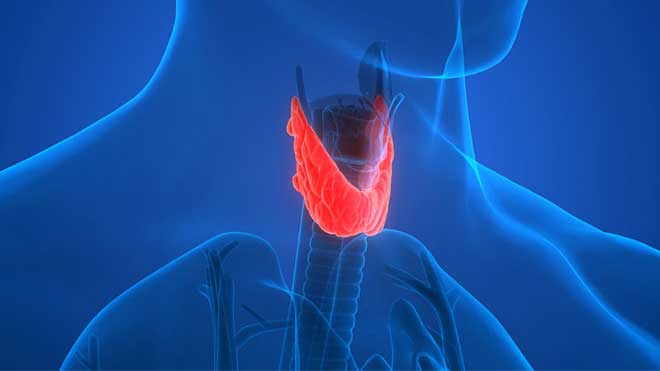
Your thyroid controls your metabolism, managing how fast or slow you burn calories.
A sluggish thyroid can cause weight gain, fluid retention, hair loss or thinning, depression, and constipation, among other problems.
Hypothyroidism is usually a result of poor diet, stress or missing nutrients in your body.
How To Treat Hypothyroidism
There are several ways to treat hypothyroidism:
- Reduce stress: – stress is one of the risk factors of hypothyroidism
- Eat a healthy diet: – reduce or eliminate sugars to reduce inflammation
- Health supplements: – especially Selenium, Vitamin B-12 and B-1
- Avoid gluten: – More research needs to be done on this, however it seems to show some promise
- Your doctor may prescribe a synthetic thyroid hormone to bring it’s levels to normal
5) Too Much Leptin

The hormone leptin lets your body know that you’re full.
When you eat too much fructose (such as from fruits) or processed sugar, your liver starts converting it into fat.
Fat produces leptin, and as you consume more and more fructose, you generate more and more leptin. As a result, your body starts to resist the leptin signal, a condition called leptin resistance. This is a main contributor to obesity (27).
As a result of leptin resistance, you end up eating more and more. Thus, obesity is usually not caused by greed, laziness or a lack of willpower!
In turn, this makes it hard to lose weight (28).
How To Treat Leptin Resistance
1) Eat a healthy diet:
- Avoid eating too much fructose (such as sugary fruits) or added sugar and processed foods that may drive inflammation. Soluble fiber may protect you against obesity (29).
- Eat Omega-3 abundant foods like fish, chia seeds and grass-fed meat.
- Reduce your carb intake. This lowers triglycerides, which reduces transport of leptins from your blood to the brain.
- Get on a keto diet, which may result from an improvement in leptin sensitivity (30).
2) Finally, exercise regularly. This may help reverse leptin resistance (31).
6) Not Enough Adiponectin

The adiponectin hormone tells your body to metabolize body fat for fuel.
The more adiponectin you have in your body, the more fat your body breaks down. Also, low adiponectin levels are associated with difficulties in losing body weight (32).
How To Treat Low Adiponectin Levels
There’s quite a good number of things you can do to increase your adiponeptin levels:
- Increase magnesium and zinc intake
- Intermittent fasting increases adiponeptin levels (33)
- Monosaturated fats: – monounsaturated fats such as fish oil, boosts levels of adiponectin by 14 to 60 per cent. These are fats from avocados, nuts and olives.
- Fiber: – Researchers have found that adding fibre to the diet increased adiponectin levels by as much as 115 percent (34)!
- Exercise: – Exercise has been shown to increase adiponeptin levels and reduce leptin levels (35).
- Coffee: – Surprisingly, coffee increases adiponeptin levels (36)!
- Turmeric:– Curcumin in turmeric has been shown to increase adiponectin levels and a reduction in leptin (37).
- Red wine: – Red wine (and beer!!) have been shown to significantly increase adiponeptin levels (38).
7) Too Much Ghrelin

Grehlin is the hunger hormone. The more ghrelin you have in your system, the hungrier you are.
Good sleep lowers ghrelin levels.
How To Lower Ghlerin Levels
There are several ways to lower Ghlerin levels:
- Get some good sleep: – Short sleep is associated with reduced leptin levels and elevated ghrelin levels (39).
- Manage Stress: – when we are stressed, we eat more. This is because ghrelin levels rise when we’re stressed (40).
- Exercise: – high intensity exercise has been shown to increase ghlerin levels, boosting our capacity to workout, and eating less after exercise (41). While this finding may be confusing, we do know that regular physical activity improves overall hormonal balance, weight and a sense of wellness.
- Eat whole foods diet, at least 3 times a day: – this will keep ghrelin and leptin levels stable. During crash dieting or calorie restriction, ghrelin levels increase and poor food choices and cravings will increase.
Losing Weight Should Get Easier!
Now you know. If you’ve been trying to lose weight but you just can’t succeed, your hormones may be off.
If you fix these hormonal issues, you’ll definitely find it easier to lose weight.

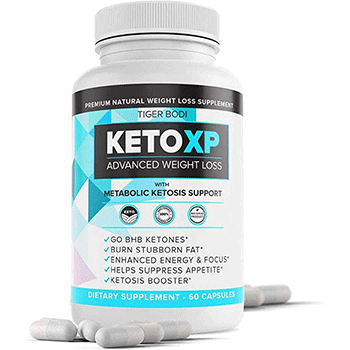

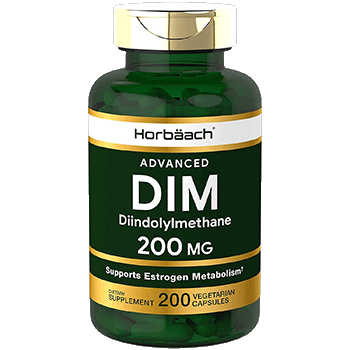

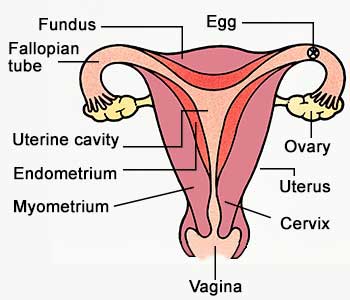

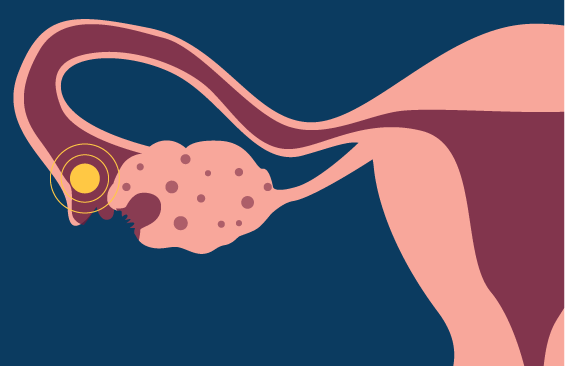
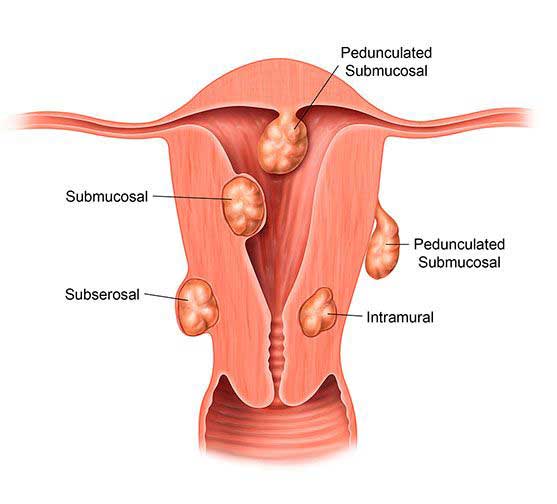
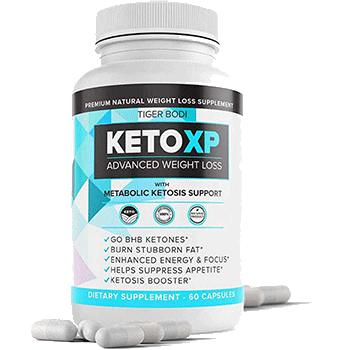
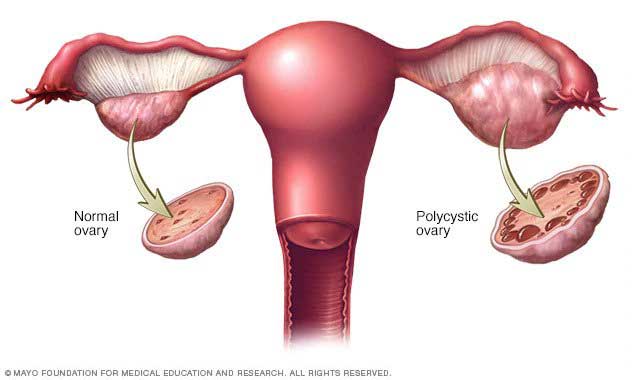

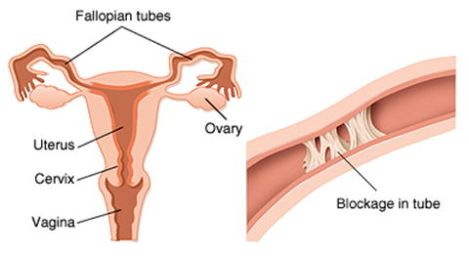


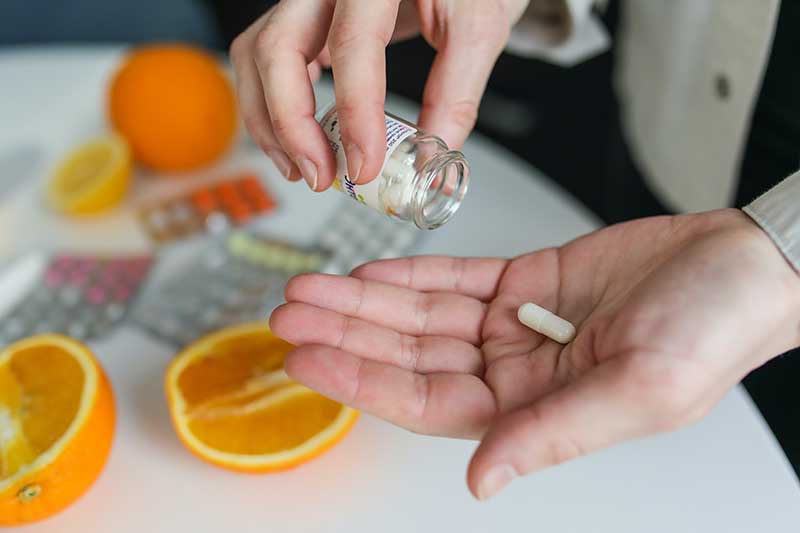


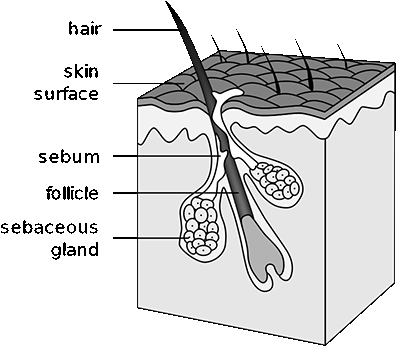



 The most abundant (and beneficial) ketone is BHB, that your brain and body can use for fuel. You feel all the amazing benefits of ketosis when your body is making and using BHB.
The most abundant (and beneficial) ketone is BHB, that your brain and body can use for fuel. You feel all the amazing benefits of ketosis when your body is making and using BHB.